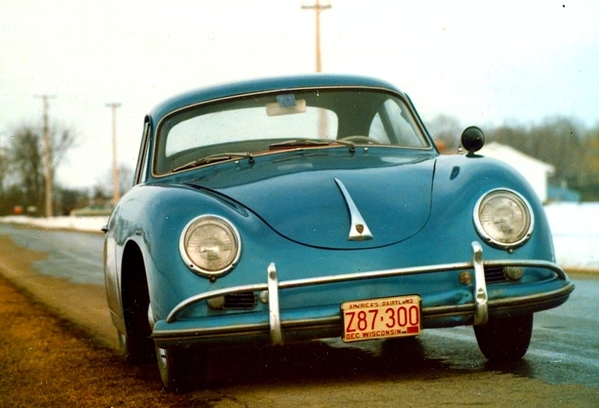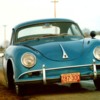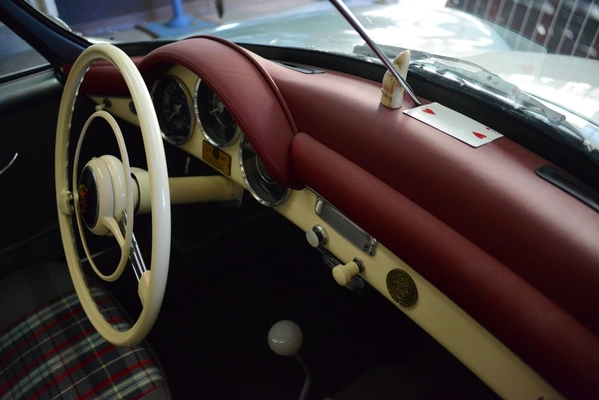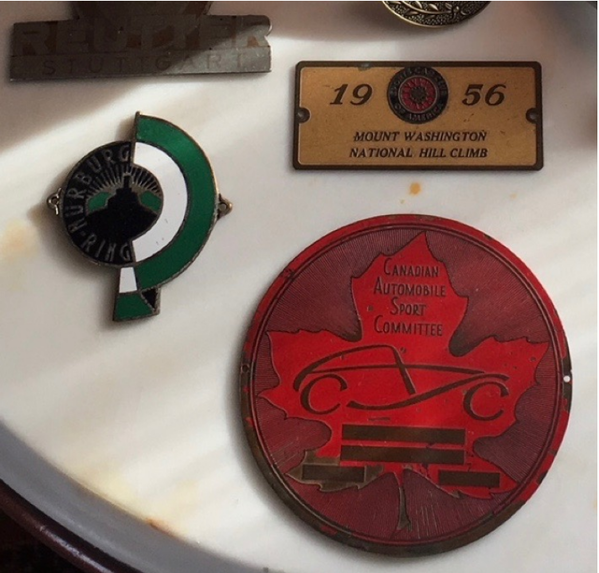I would rather go to an ugly dentist to be deep drilled without painkillers than show any of my cars at a car show. Yikes. I have enough trouble avoiding people who want to talk in parking lots. An excerpt from my new novel:
Chapter Forty-seven
It was on the third morning that the film crew began to fight among themselves. Things had first become slightly tense when Hedge refused to sign any of Linda Hiller’s contracts at the initial breakfast in Lone Pine. As Loren watched, she became, after some minutes, simply disbelieving that her saccharine yet pushy techniques were not making a dent on this nobody guy. “Then we cannot proceed with the film! Is that what you want?” she said with some finality only to be met with Hedge’s grin.
“Sounds good to me, sister.”
“Are you kidding me? You have a chance to be in a major movie, and this is your attitude?”
He turned away from her. “Loren, ready to hit the road east there, buddy?”
Hiller was forced to relent, thus showing her hand of cards, which held no aces.
But their arguing began to get on Loren’s nerves because he saw no point in it. Mainly the bitching was between Ian and the Hiller and mostly about semantics. “When you said, I should be more affirming, I think that was way beyond the point. Affirming? Is that really my job? I think not there, Mr. director! I’m not going to be a nursemaid unless I get paid double.” And Ian seemed to lap it up like a puppy dog. Both seemed to love arguing and vaping.
Loren noticed that as the trip went on, Duffy the cameraman became all but mute. The only sounds from his mouth seemed to stem from the fact that camera gear was not working smoothly, particularly some sort of slide thing, which seemed to freeze every time he needed it the most. But movie people seem to live differently. Everything was about the shot, and **** any lifeforms if they get in the way. And so they proceeded north to Alturas, California.
Hedge on the other hand steered the 356 as if through a perfect world, and perhaps it was. In Alturas he sniffed out a Mexican restaurant. “You like Tex-me there, Loren?”
“Not sure if I’ve had it.”
“Trust me on this one, brother.”
The diner was called Tacos and a revelation to Loren. He discovered he loved real Mexican food, and the Mexican couple who ran the diner with their chubby yet sexy daughter took a real liking to them both. By the time the film crew found them, the Filmies, in their hyper-vapey way, had already gorged in a fast-food joint south of town out of hunger desperation—or so figured Loren—and all three seemed a bit sick and grumpy, vapes going at extra volume. The road was taking its first preemptive strike.
“So,” said Hedge, “Get your cameras rolling, I have a funny story.”
This seemed to focus the Filmies. All three grabbed cameras, Duffy sprinting back to the van for his large one.
“I’m under the 356 the other morning, before you guys arrived, and I’m adjusting the valves when I feel something kick my foot firmly. This action tends to make an aware person slide out from under a car, hoping for a friendly cute face with a cold beer or at least a breakfast sandwich and a coffee. I did just that, slide out, only to encounter a large fat man with a frown, and an equally large fat offspring standing beside him, also with frown—neither had a cold beer. ‘Vat is you doing?’ The elder said. Now normally I would’ve answered directly and politely, but the foot kick mixed with my nearly non-negotiable hangover was not a welcome combination. I stood and stared. ‘Are you completely crazy?’ The elder said. “Vat is you doing, driving this automobile?’” Hedge pronounced it auto-MO-beeel. “‘This automobile should be in a museum or in a climatically-controlled garage. This is beyond impossible. Do you not realize vat this automobile is?’ At that point, I almost gave the douche-nozzle a Nazi salute, but I calmed myself and explained that Ferry Porsche and my father had created the first 356 GT car in 1951 together, my father taking delivery of the car in the Spring of 1952 for the Montreal car show. I told the two doughboys that since the 1955 Continental convertible was a gift from my father, and since his last words on his deathbed to me had been, ‘Drive it across the country, my son,’ I felt I had every right to adjust valves on the thing. Did they agree or not?
Loren was trying not to laugh and thus poison the filming.
Hedge stayed quiet.
“So, what happened?” Said Ian in a whisper.
“They apologized. I said all would be good between us if they would get me a couple icy cold beers. Then I went back to work on the valves.”
The road past Alturas along Goose lake was something Loren could not believe existed. And once they turned right at Lakeview on Route 140, a magic set in beyond all expectations. It was an empty road, which seemed as if it had never had a crack or an imperfection. The smoothness was bewildering until Loren realized no one ever drove on this road although it quietly ambled through three states ending up in Denio Junction, which would soon enough reveal itself as the definition of nowhere in America. Hedge said:
“This is my favorite road in the world. It is in an Antelope National Park among other delights. Has a hot spring mineral stream running through it that has never been discovered but by a chosen few.”
“How do you know all these roads?”
“As a teenager and into my twenties, I did a lot of open road.”
“What is open road?”
“When you are on the road only to experience your future, you realize there is nowhere specific to go.”
“Now who sounds all Zenish?”
Hedge grinned. “In the mid-seventies I crossed the country over a dozen times—hitchhiking, different cars, and riding freights.”
“You rode freight trains?”
“About the best thing I ever did. I never imagined the country could be so huge and so barren—nothing like seeing the wheat fields of Minnesota for a first time, the burnt fields' black stripes against the blazing yellow of the ripe grain, the beginning of the Western promise. And that damn wind. Once I was stranded for hours in what seemed like the middle of nothing but nature and God. The wind banging the boxcar door, the car swaying in the gusts. And the resonant eerie silence between the wind’s bluster. I guess the freight was waiting on a siding for a passenger train or a hot-shot.”
“Aren’t you from California?”
“Me? Hell no. I was born in northern New Hampshire in a shite mill town.”
“When did you leave?”
“Sixteen.”
“Young.”
“I’d had enough. But Loren, I want to tell you about this moment when I was seventeen, first time West. The immense blue sky stretching like a clear sound over the earth, a few thin clouds like passing whispers. I'd never felt so alone. Not lonely, just small and alone—wondering if my mom in the White Mountains was worrying about me—but she was probably in a bar using me as another excuse to drink.”
“Your father?”
“That did not work out so well. Anyway, I was so excited by my own courage, by the image of myself standing in that boxcar in the middle of nothing. I guess I was afraid too, but the feeling that I was finally really doing something, taking control of my life, eclipsed everything else.”
“Funny you were out there like that, and I was hiding in a basement in sorrow and defeat.”
Hedge was long quiet. “Loren, I want to say something brilliant and comforting to that, but, damn me, I can’t. But we are here. Now! Maybe that is all there is to say.” And the bottle of Bushmills attached itself to the lips.
They drove through seemingly endless graceful valleys in late afternoon sunlight. Then hills would appear, rocky slopes, twisting turns and switchbacks with deadly drop-offs on one side. Loren realized that driving through beautiful raw landscapes was not just about seeing them with his eyes; he could almost feel them go into his heart, become a part of him. It was a glorious sensation.
And then, just as headlights were needed in the purple dusk, one set approached at blinding speed. Hedge, glancing repeatedly in the rearview, said: “I know those Filmies don’t have this in them.” On a long straight, a silver late 1990s Boxster blew past at likely 130 miles per hour, the driver grinning madly and waving, the top down.
“How ****ing cool is that?” said Hedge.
And then Denio Junction appeared as Route 140 turned sharply right farther into Nevada, clipped off by Oregon Route 205, and as luck would have it, there was a motel, and the silver Boxster was already parked in front of one of the units.











